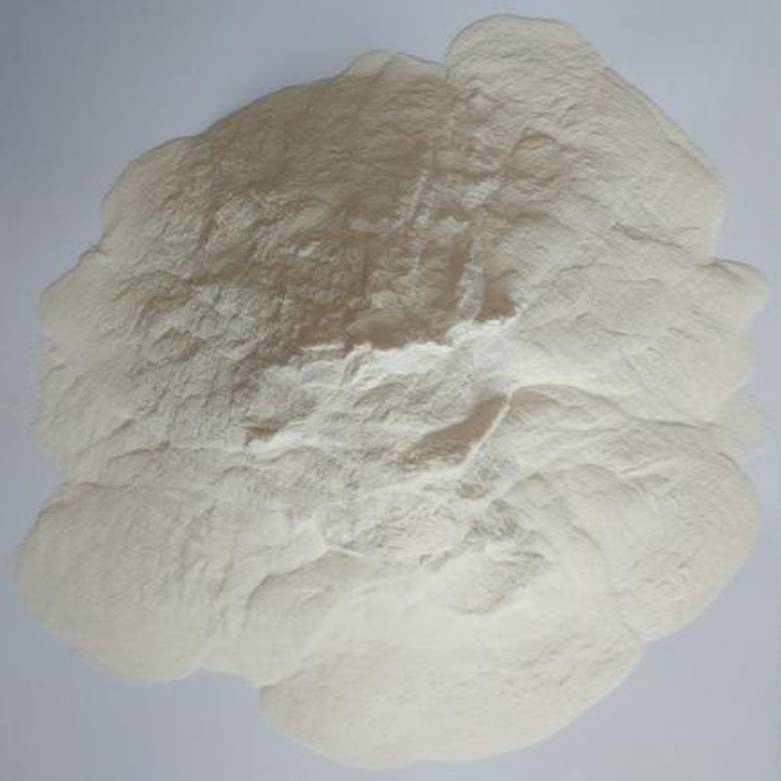Xanthan gum: What you should know about this ingredient in most packaged foods
——Food additives have a bad reputation — but some, like xanthan gum, are better than others.
When it comes to reading a nutrition label, the shorter the ingredient list, the better. Fewer ingredients on a food label typically means there’s less room for weird additives, chemicals or other things that, to me, just don’t belong in real food. Another sign that the food you’re eating is ultra-processed (and not so great for your health) is an ingredient list with weird-sounding or hard-to-pronounce ingredients.
One ingredient that is pretty much in everything (especially gluten-free products) these days is xanthan gum. It’s a common food additive that’s used in many products from baked goods to salad dressing. “It’s often used in gluten-free and vegan baking, as it works to emulsify and bind ingredients, as well as to add volume to a finished product,” says Amy Gorin, a registered dietician nutritionist in the New York City area.
But as weird-sounding as xanthan gum is, what does it mean for your health and is it OK to eat it every day? Below, a registered dietitian explains what it is, where it’s found and whether you should avoid eating it or not.
What is xanthan gum exactly?
Xanthan gum is used as a binder, stabilizer and emulsifier in food products. It is not found in nature and has to be manufactured. According to the USDA, it’s made by taking a type of carbohydrate, such as glucose or sucrose, and fermenting it with bacteria.
Specifically, xanthan gum is a polysaccharide and a soluble fiber. This means that your body cannot digest it, which is not bad, but could be an issue for some people with gastrointestinal issues.
Is it safe?
Xanthan gum is relatively safe and may even have some health benefits. One potential side effect of consuming xanthan gum is that it can have a laxative effect. If you do have any type of digestive issues, this could make things worse or aggravate an already sensitive stomach. Even if you aren’t worried about those symptoms, be mindful of how much xanthan gum you are consuming and how much fiber is in your diet – you don’t want too much of a good thing.
“If you consume excess amounts of fiber — or even more than you are used to consuming — you may experience side effects such as gas and diarrhea. Taking in too much fiber can also cause you to malabsorb nutrients,” says Gorin.
Researchers have found xanthan gum may have several different positive effects on health, such as helping stabilize blood sugar and helping people who have a swallowing disorder. Also, it’s been shown to slow tumor growth in mice with skin cancer.
Should you avoid xanthan gum?
Finally, there are not many human studies on xanthan gum to give a definitive conclusion on how long term consumption affects your health, but most experts say it’s pretty harmless. If you do have digestive issues, avoiding it may help you prevent unwanted symptoms or exacerbated symptoms. “Consumed in moderation, these gums should be safe for most people to consume. It’s only when you start taking in excess amounts that you may run into problems,” Gorin says.

Post time: Jun-07-2021







